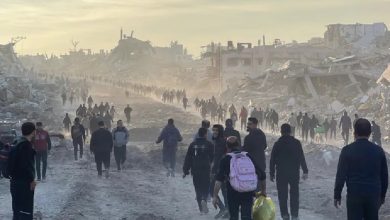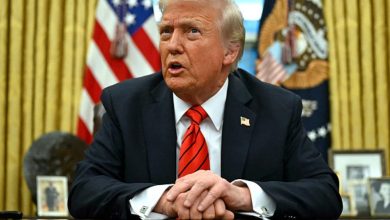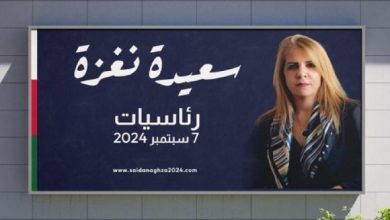Mahmoud Khalil’s Letter: How U.S. Democracy Serves Power and Fears the Rise of Palestinian Voices
A personal account of Mahmoud Khalil, who reflects on the use of law and power in suppressing dissent, and the true meaning of democracy amidst growing repression.

Watan-Mahmoud Khalil, a Palestinian recently graduated from Columbia University, wrote an open letter about his experiences and reflections on democracy, justice, and personal freedom. He described his detention in the U.S. and the harsh conditions he faced.
“At 3 a.m., lying awake on a bunk bed in Jena, Louisiana, far from my wife Nour, who is due to give birth to our child in two weeks, the sound of rain on the metal roof drowned out the snoring of 70 men tossing and turning on hard mats in this detention center operated by Immigration and Customs Enforcement (ICE).
Who here dreams of being reunited with their family? Who here is haunted by nightmares of becoming the next ‘administrative error’ of the Trump administration?”
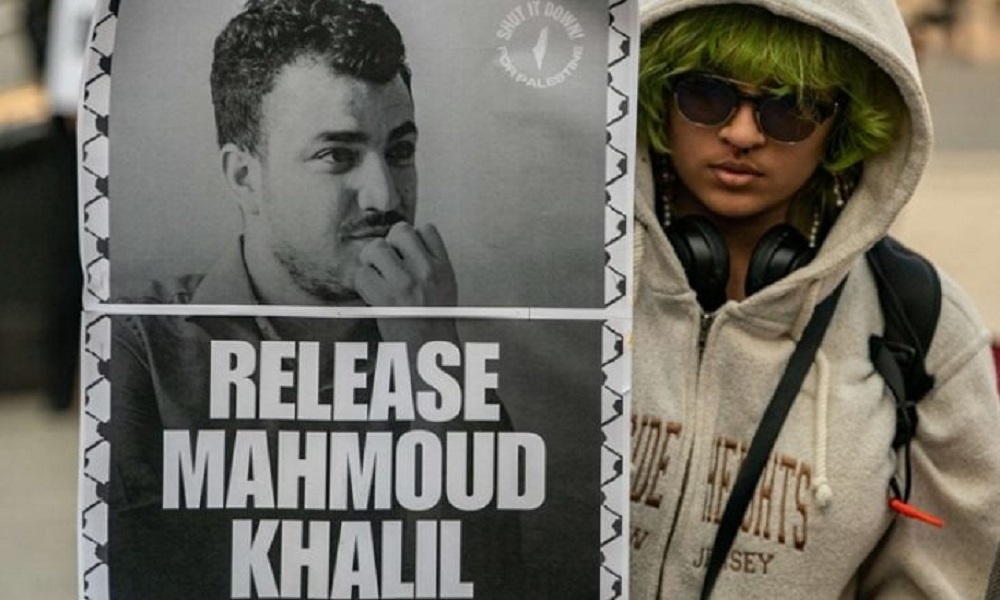
Khalil Condemns Legal Process and Double Standards in U.S. Democracy
Khalil continued describing his frustration with the legal process, recounting a court hearing in which an immigration judge ruled in favor of the government, granting them the right to deport him despite his permanent resident status. He emphasized the baseless nature of the government’s case, largely based on sensationalist media reports.
He recalled browsing through messages of support from well-wishers, with two stamps depicting the American flag—one reading “Freedom Forever” and the other “Justice Forever.” He found it ironic, especially in light of his experience with the U.S. administration’s use of immigration law to push forward its oppressive agenda. He reflected on the swift decision in his case compared to the long wait many detainees face for due process.
Earlier, the government’s representatives argued that Khalil’s beliefs, statements, and associations threatened “its core” foreign policy interests. Yet Khalil, like many of his peers, believes in the inherent equality of all people, human dignity, and the right to live without fear of violence or missile strikes.
He questioned why protesting the Israeli killing of thousands of innocent Palestinians would result in the erosion of his constitutional rights.
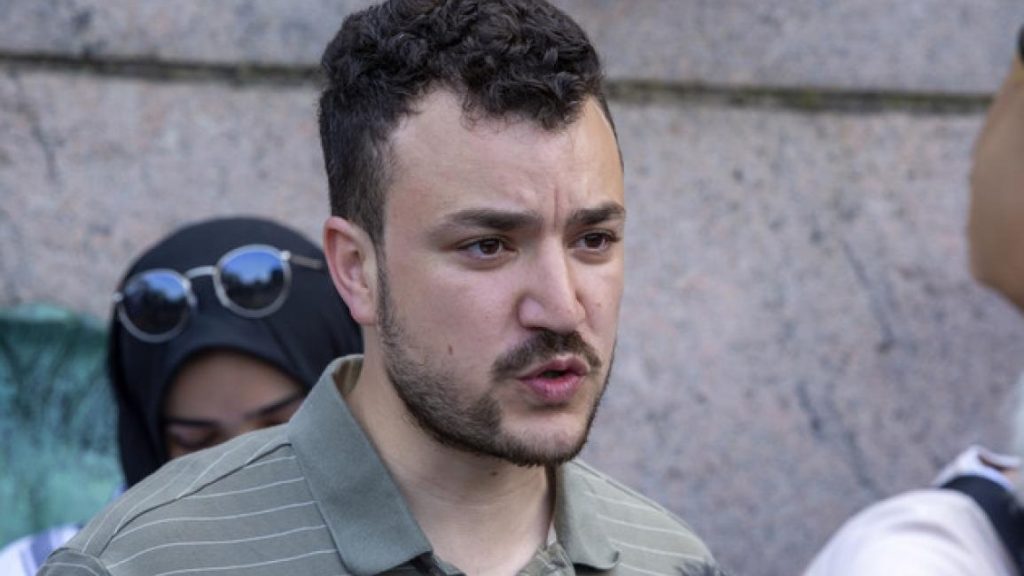
Khalil also researched a legal case, “Endo,” which highlighted the story of Mitsuye Endo, a Japanese-American woman imprisoned during World War II who challenged her captors and won a case that helped free thousands of others.
He then connected this historical context to the treatment of marginalized groups, drawing parallels between the internment of Japanese Americans and the suppression of Palestinian rights. He pointed out that democracy in America often serves the interests of the powerful, leaving the poor, the people of color, and those resisting oppression with little more than symbolic rights.
Khalil also mentioned the suppression of freedom of expression, particularly concerning Palestine, and how the White House feared the growing influence of Palestinian freedom movements. He criticized the Trump administration’s efforts to deport him while misleading the public about his identity.
As he concluded his letter, Khalil referenced Viktor Frankl’s Man’s Search for Meaning, relating his experiences of uncertainty and humiliation in detention to the work of the renowned psychiatrist. He also questioned whether an individual like Dr. Hussam Abu Safiya, who suffered physical and psychological torture under Israeli custody, would write about his ordeal from a medical perspective.
In his final remarks, Khalil expressed hope that his message would serve as a wake-up call, urging people to recognize the dangers of “interest-based democracy” before it was too late.




